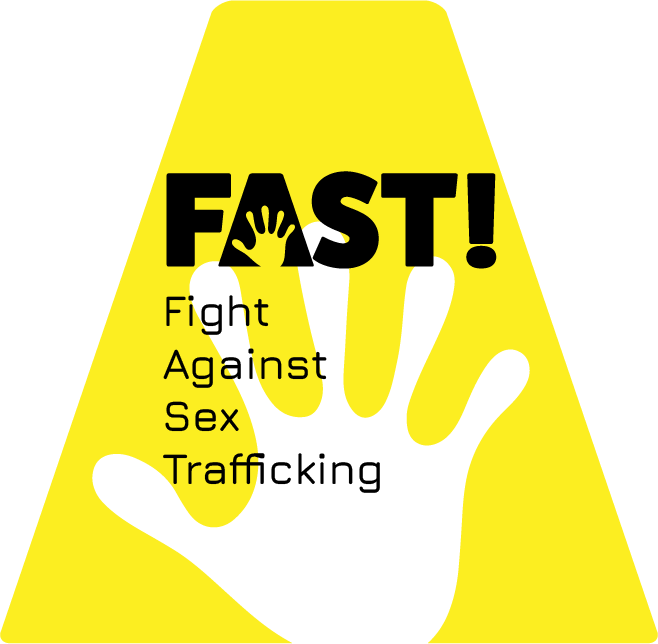Human Trafficking in Thailand: Trafficking in Persons 2024 Report. The 2024 Trafficking in Persons (TIP) report highlights the persistent and multifaceted issue of human trafficking in Thailand. Over the past five years, both domestic and foreign victims have been exploited within Thailand, while Thai nationals have also been trafficked abroad. The report sheds light on the diverse and complex nature of trafficking in Thailand, affecting various vulnerable groups and driven by different forms of exploitation.
Labor and Sex Trafficking
Human traffickers in Thailand exploit women, men, LGBTQI+ individuals, and children from Thailand and other Southeast Asian countries, including Sri Lanka, Russia, Uzbekistan, Kenya, Tanzania, and Uganda. Members of ethnic minorities, highland persons, and stateless persons are particularly vulnerable to trafficking.
Human Trafficking in Thailand: Child Exploitation
Children from Thailand, Burma, Cambodia, and Laos are increasingly victims of sex trafficking in various establishments such as brothels, massage parlors, bars, karaoke lounges, hotels, and private residences. Traffickers often use the Internet, chat, and dating applications, and other social networking platforms to lure children into commercial sex, sometimes using blackmail with explicit images. Children in orphanages and those from families affected by the pandemic, particularly migrant families, are at heightened risk of trafficking.
Child Labor
Approximately 158,000 Thai children of legal working age (15-18 years) are involved in child labor, including agriculture, auto repair, construction, manufacturing, and the hospitality industry. More than half of these children are not in school and many work in hazardous conditions with long and irregular hours, making them susceptible to forced labor. Additionally, brokers or parents sometimes force children from Thailand, Cambodia, and Burma to sell flowers, beg, or work in domestic service in urban areas. Elderly persons and persons with disabilities from Cambodia are also forced to beg in Thailand.
Thai Nationals Exploited Abroad
Global Trafficking Networks
Thai nationals are subjected to forced labor and sex trafficking in various regions, including North America, Europe, Africa, Asia, and the Middle East. Specific instances include:
- Switzerland: Thai women and LGBTQI+ individuals are exploited in sex trafficking.
- Norway: Thai citizens traveling for family reunification are at risk of sex and labor trafficking.
- Israel: Thai men and women face forced labor in agriculture, enduring long working hours, no breaks, withheld passports, and restrictions on changing employers.
- South Korea: Over 100,000 Thais work here, many subjected to forced labor and sex trafficking, often coerced into commercial sex due to debts owed to establishment owners or loan sharks.
- Sweden and Finland: Thai nationals are exploited in forced labor for berry picking.
- United Arab Emirates (UAE): Thai nationals are subjected to forced labor and sex trafficking, often in industries such as construction, domestic work, and the hospitality sector. Many face similar conditions to those reported in other countries, including withheld passports, lack of freedom to change employers, and exploitative working conditions.
Thailand’s battle against human trafficking is ongoing, requiring sustained effort and cooperation at both national and international levels.



